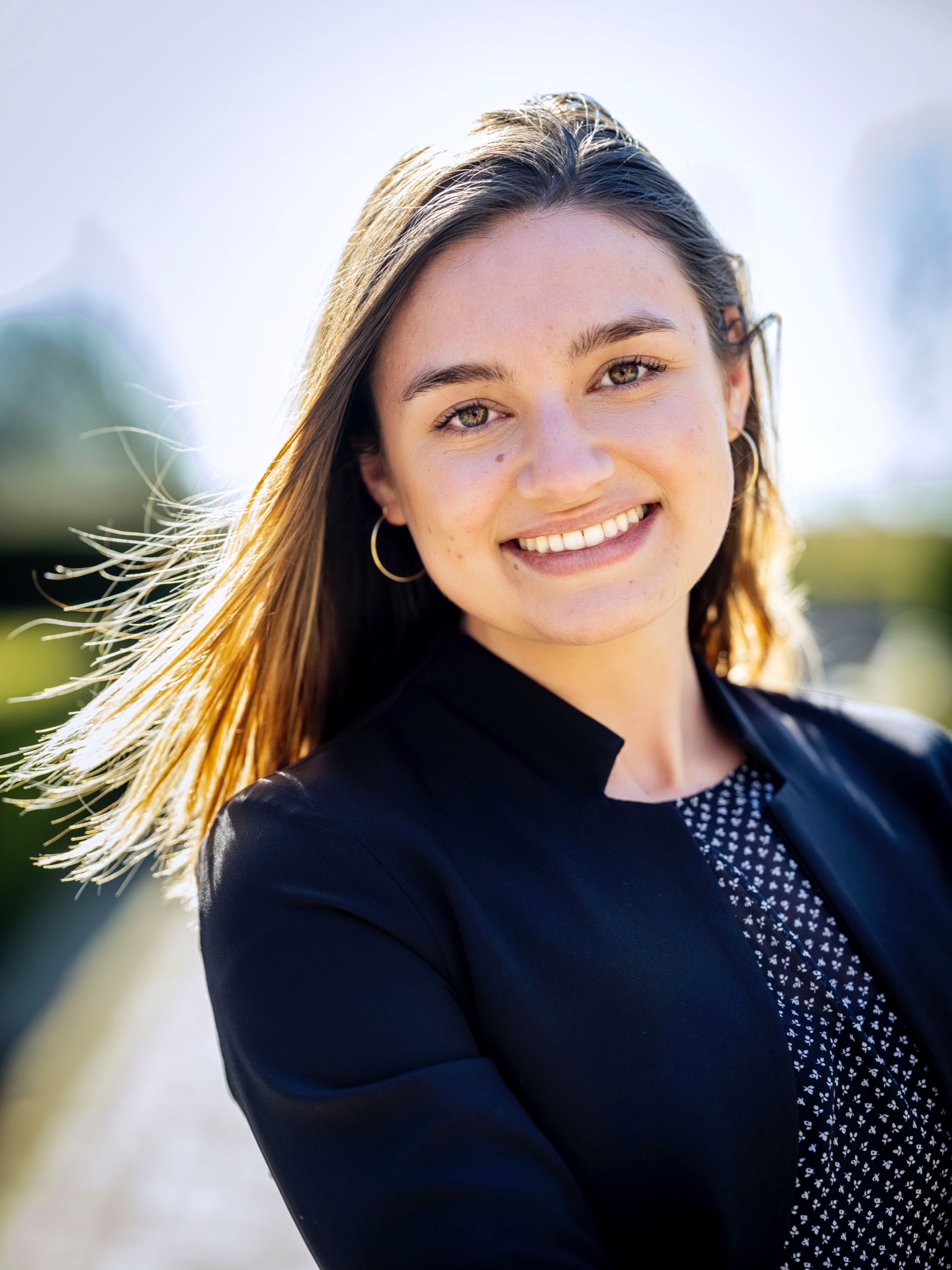
What is your role in the Eye of Europe Project and what are you currently working on?
I am the task leader for Foresight Practices, which also includes the organization of two high-level European Foresight conferences, one of which is the Futures4Europe Conference held in May in Vienna; the second one will be held in 2026. These events offer Foresight practitioners and policy administrators opportunities to exchange knowledge and learn from each other. Other assets are the Mutual Learning Events with our partner, the Technology Center Prague, which stimulate knowledge exchange on pressing trends with other foresight experts. Finally, we will conduct a workshop to formulate a vision for the future role of foresight for Research and Innovation policy.
What will in, your view, be the relevance of foresight methodologies for European innovation in light of recent geopolitical and economic developments worldwide?
There are currently many disruptions taking place that 15 years ago, or even five years ago, we would never have anticipated. What we can learn from foresight is to stay agile and flexible in our anticipation, think out of the box, work trans-disciplinarily, and make considerations about the future that go against what we normally expect. Crucial in this is the discussion and exchange with our fellow citizens and include diversity.
What is a piece of futures-related work or publication that you would recommend to read, either in academia or in popular culture?
The Resistible Rise of Arturo Ui (German: Der aufhaltsame Aufstieg des Arturo Ui), 1941, by Bertolt Brecht. A fascinating play and also a satirical allegory potraying how authoritarianism can take hold when society turns a blind eye.
Imagine you’re living in 2050. What’s one groundbreaking innovation or societal shift you think might define that world?
The climate crisis is the biggest challenge we are facing. In this context, one groundbreaking social innovation would be introducing social compensation mechanisms to accompany climate mitigation measures. Economic inequality is a problem for climate policy in two key ways: at the top, extreme wealth often translates into excessive consumption — from private jets to multiple large homes — resulting in a disproportionately high carbon footprint. At the other end, many people are so focused on the cost of daily living that climate concerns understandably take a back seat. Appeals for a voluntary, individual change have led to conflicts in the past. That’s why it’s crucial to ensure that climate policy includes social fairness. Without addressing inequality itself, building broad support for meaningful climate action becomes much harder.


